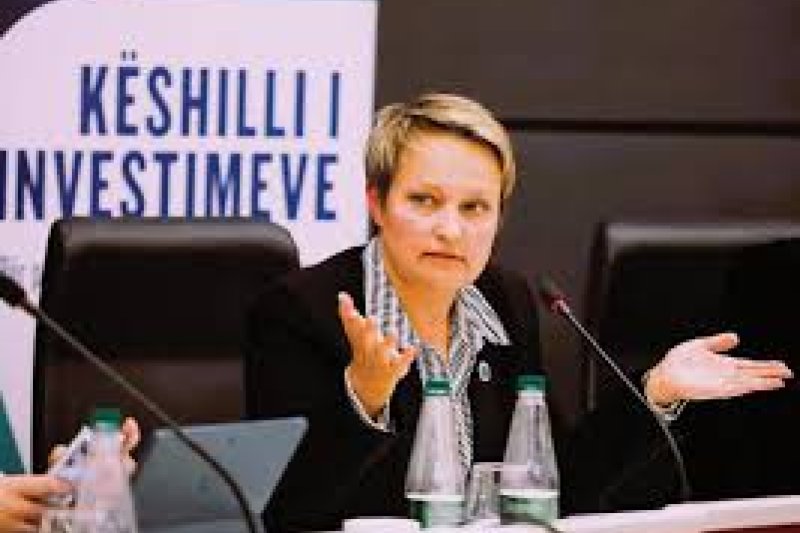Continuous Support for EU Integration; EBRD
The director of the European Bank for Reconstruction and Development (EBRD) Office in Albania Ekaterina Solovova said on Wednesday that the bank will continue supporting Albania on its path to the European Union. The bank will provide both financing and technical assistance.
She made the remarks during a conference at the Bank of Albania, presenting the EBRD’s Transition Report 2024–2025 titled “Navigating Industrial Policy.” The Governor of the Bank of Albania, Gent Sejko, also attended.
Solovova announced that the EBRD board approved a new five-year strategy for Albania. The strategy builds on the bank’s long-term commitment to the country.
“Our board approved the new five-year strategy for Albania, based on nearly Euro 900 million in financing and technical assistance during the strategic period. It aims to support Albania’s rapid progress toward EU membership,” Solovova said.
She added that the strategy aligns fully with the EBRD’s global goals and fits Albania’s specific priorities and needs. One key priority focuses on speeding up the transition to a green economy.
“EBRD will keep supporting Albania in diversifying and expanding renewable energy sources through policy advice, financing new capacities, and improving transmission and distribution networks,” she said.
Another important focus is improving energy efficiency in public and municipal services. The strategy also supports partner financial institutions and private-sector clients in strengthening their capacities. “The strategy also helps the Albanian private sector prepare for access to the EU single market. We will increase direct and indirect financing, improve competitiveness, and integrate Albanian businesses into global value chains. Financing will pair with targeted technical assistance to boost productivity and innovation,” Solovova explained.
She pointed out another crucial element: improving the climate for foreign investments and modernizing infrastructure. “EBRD will continue supporting state-owned enterprises to improve corporate governance and environmental, social, and governance (ESG) practices. The bank will invest in key connectivity infrastructure and provide technical assistance,” she said.
In conclusion, Solovova stressed that the bank will maintain close cooperation with the European Union, other financial institutions, and international donors. This approach will maximize the impact on Albania and its citizens. “We will keep coordinating closely with financial institutions, the EU, international partners, and donors to maximize benefits for Albania and its people,” Solovova said.













